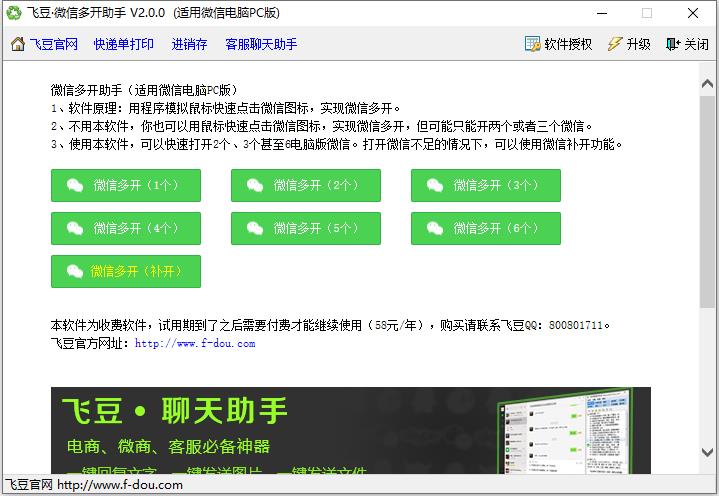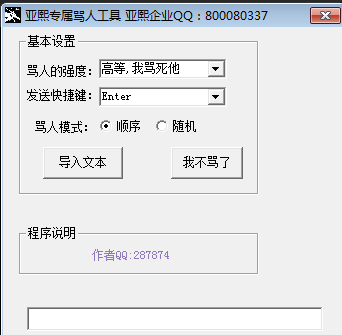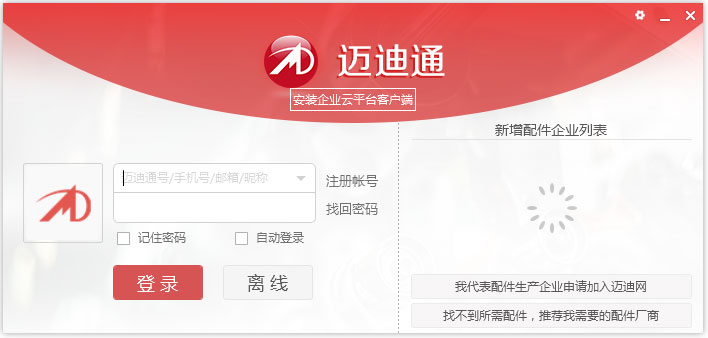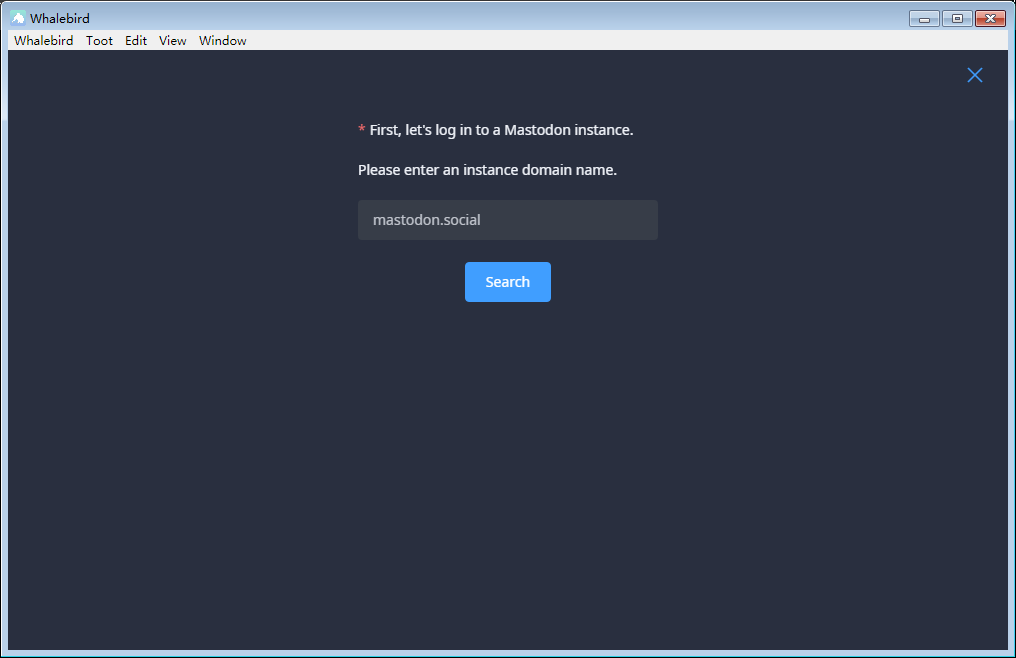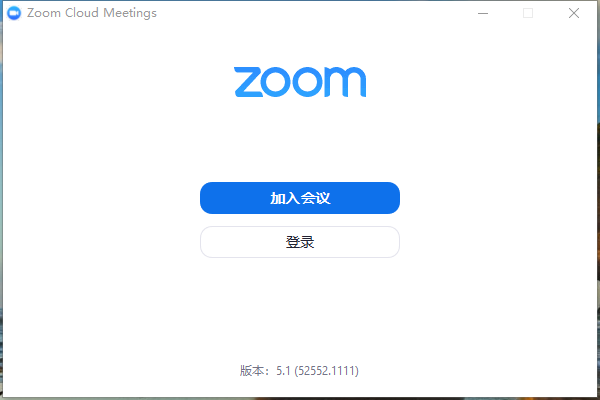用golang实现kafka
时间:2023-05-10 17:30
随着企业级应用程序架构的逐渐复杂化,消息传输变成了一个至关重要的组成部分。这时Kafka便崭露头角。Kafka是一款高效可靠的分布式消息队列,它支持消息的发布和订阅,是现代化的企业级消息系统,且拥有非常高的吞吐量和低延迟。在Kafka的API中,尽管官方提供了多种语言的客户端,但近年来Golang的应用越来越广泛,所以本文以Golang作为实现语言,讲解如何用Golang实现Kafka。 一、依赖 在开始之前,需要先下载所需的依赖: 具体使用方法如下: go get github.com/Shopify/sarama 二、创建一个生产者 在介绍Kafka的API之前,需要先创建一个生产者实例。生产者的代码如下所示: 代码中主要做了以下几件事情: 三、创建一个消费者 在其次,需要创建一个消费者实例。消费者的代码如下所示: 代码中主要做了以下几件事情: 四、总结 以上,我们使用Golang实现了Kafka的生产者和消费者部分,作为实现分布式系统的重要组成部分之一,Kafka可以解决消息系统在高并发以及分布式环境下存在的问题,并且Kafka也有良好的支持文档以及稳定的社区,在实际的开发中应用起来毫无压力。 以上就是用golang实现kafka的详细内容,更多请关注Gxl网其它相关文章!
go get github.com/pkg/errorspackage mainimport ( "fmt" "time" "github.com/pkg/errors" "github.com/Shopify/sarama")func main() { config := sarama.NewConfig() config.Producer.Partitioner = sarama.NewRandomPartitioner config.Producer.RequiredAcks = sarama.WaitForAll config.Producer.Return.Successes = true producer, err := sarama.NewSyncProducer([]string{"localhost:9092"}, config) if err != nil { panic(errors.Wrap(err, "failed to create producer")) } defer producer.Close() for i := 0; i < 10; i++ { message := &sarama.ProducerMessage{ Topic: "test_topic", Value: sarama.StringEncoder(fmt.Sprintf("test message %d", i)), } partition, offset, err := producer.SendMessage(message) if err != nil { fmt.Println(errors.Wrapf(err, "failed to send message: %s", message)) } else { fmt.Printf("message sent to partition %d at offset %d", partition, offset) } time.Sleep(500 * time.Millisecond) // 延迟发送 }}package mainimport ( "context" "fmt" "os" "os/signal" "github.com/Shopify/sarama" "github.com/pkg/errors")func main() { config := sarama.NewConfig() config.Consumer.Return.Errors = true consumer, err := sarama.NewConsumer([]string{"localhost:9092"}, config) if err != nil { panic(errors.Wrap(err, "failed to create consumer")) } defer consumer.Close() signals := make(chan os.Signal, 1) signal.Notify(signals, os.Interrupt) partitions, err := consumer.Partitions("test_topic") if err != nil { panic(errors.Wrapf(err, "failed to read partitions for topic: test_topic")) } ctx, cancel := context.WithCancel(context.Background()) for _, partition := range partitions { go func(partition int32) { partitionConsumer, err := consumer.ConsumePartition("test_topic", partition, sarama.OffsetOldest) if err != nil { fmt.Printf("failed to create partition consumer for partition %d: %s", partition, err) return } defer partitionConsumer.Close() for { select { case msg := <-partitionConsumer.Messages(): fmt.Printf("Consumed message from partition %d at offset %d: %s", msg.Partition, msg.Offset, msg.Value) case <-signals: cancel() return case err := <-partitionConsumer.Errors(): fmt.Printf("Consumed error from partition %d: %s", partition, err) case <-ctx.Done(): return } } }(partition) } <-signals fmt.Println("Shutting down consumer")}
